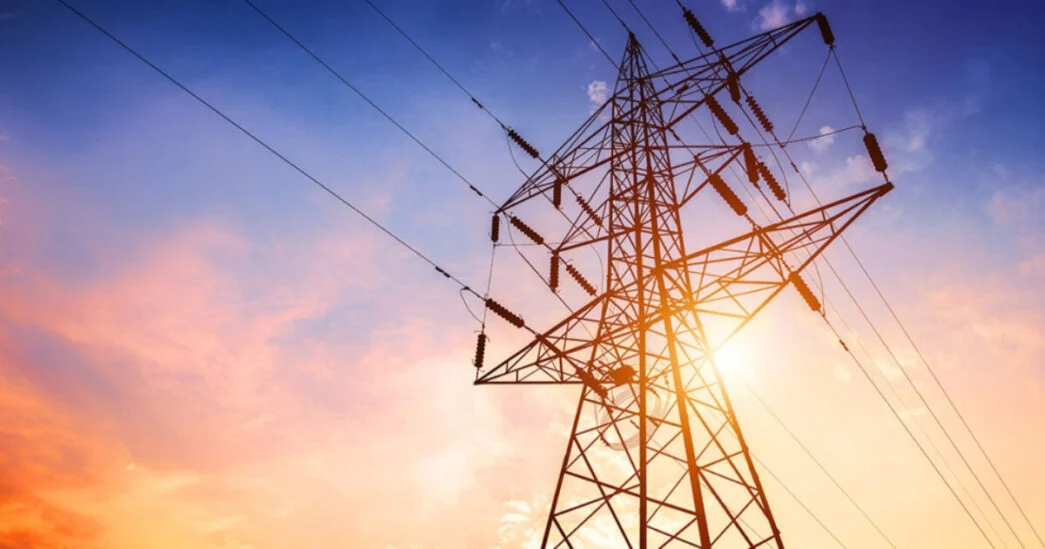Major Issues by the Commissioners
The commissioners, who were chaired by Prince Eka Williams of Cross River State and Omale Omale of Benue State, argue that the amendment necessitates numerous new federal agencies whose operating cost will be borne by consumers in the form of higher tariffs. The central idea behind the amendment is the creation of the Power Consumer Assistance Fund (PCAF) that would be funded by states through compulsory charges, even for consumers already receiving cost-reflective tariffs. This, they warn, basically obliges them to subsidize a government they may not have valued.
Financial and Structural Implications
The Forum is indicating that the suggested amendment contravenes existing federal and state policies to mainstream cost-reflective tariffs and reverse subsidy-era distortions. Electricity subsidies derailed ₦1.94 trillion in 2024 alone; the proposition would also un-affordably roll this up at the cost of structural reforms made through the Electricity Act of 2023.
This timeline is so fragile: the Electricity Act 2023 has hardly coasted through its implementation stage, and already some states are getting ready to establish their local electricity markets. These local markets are regulatory harmonization and predictability-based principles under threat from the proposed bill
Expert Insight: A Cost Too High for Consumers
Abubakar M, Outsource Global’s Deputy Facility manager, brings the harsh reality: PCAF’s funding model ensures that the ₦5 trillion cost will be passed onto consumer electricity tariffs. It cannot be sustained, he avers, especially where consumers have not necessarily benefited proportionately.
A Call for Legislative Restraint
The State Power Commissioners are calling upon the National Assembly to hold off on taking any additional steps on the bill. They feel that it is not a time for new amendments but the first order of business is to ensure that the existing act functions well, make the state regulatory commissions more powerful, and eliminate wasteful subsidies gradually.
This is countered by Nigeria’s Governors’ Forum, whose initial argument was that the subsidies for electricity need to be completely dropped and cost-reflective tariffs imposed so as to make the sector viable
Why It Matters
It will much reduce consumer affordability, and it could also trigger public anger and further erode investors’ confidence in the electricity industry in Nigeria. Others also fear that increasing tariffs without enhanced services would deepen energy poverty in a country where over 40% of households have no access to the national grid.
Moving Forward
Instead of establishing more bureaucracy that would fall on consumers, regulators can foster cooperation among state and federal agencies, promote more metering, distribution effectiveness, and options for resolving disputes. Open, transparent process will engender trust and pave the way for Nigeria’s transition to a decentralized, sustainable energy economy.



